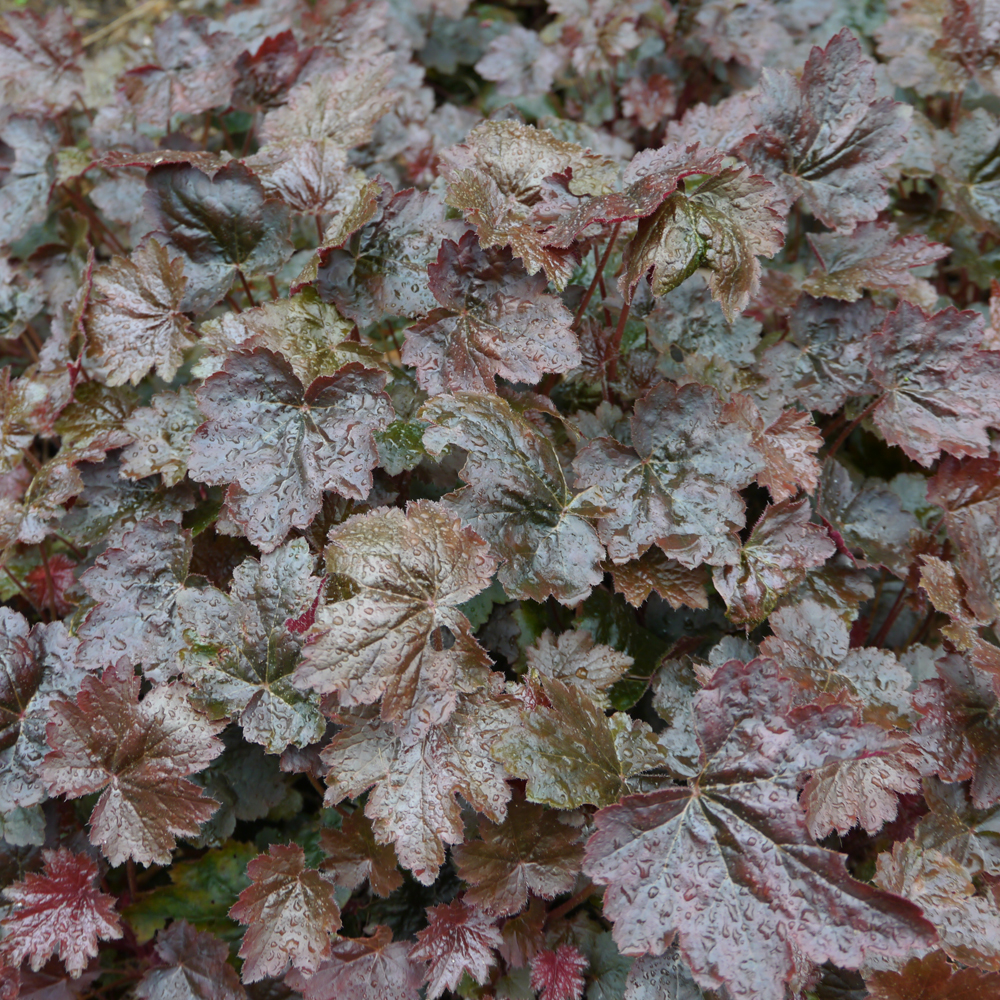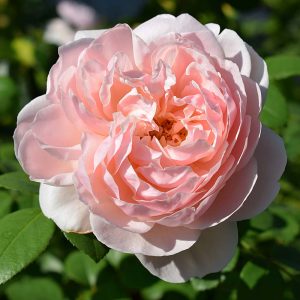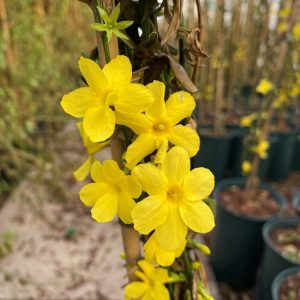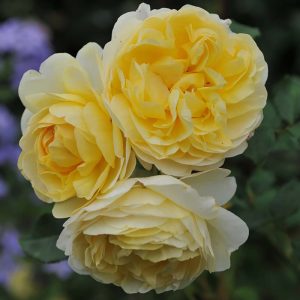Description
Heuchera, commonly known as Coral Bells, is a perennial plant native to North America. It is popular for its attractive foliage, which can range from green to burgundy to variegated, and its delicate, bell-shaped flowers that bloom in the summer. Heucheras are versatile plants that can be used in a variety of garden settings, from rock gardens to borders to containers. They prefer partial shade to full sun and well-drained soil. Some popular companion plants for Heuchera include ferns, hostas, and astilbes, which create a lush backdrop for the colorful foliage, and salvia and veronica, which complement the delicate flowers. Heucheras are also a great choice for cottage gardens, where their vibrant colors add a charming touch.
Key Facts
- Common Name(s):Alum root ‘Palace Purple’
- Hardiness:Fully hardy
- How big will I get? Heuchera micrantha ‘Palace Purple’ can grow to a height of 0.5m and a spread of 0.5m.
- Did You Know That:Heuchera are found in North America with a small distribution in the far east of Russia?
Plant Calendar
A rough guide to how this plant will change through the year.
| Jan | Feb | Mar | Apr | May | June | July | Aug | Sept | Oct | Nov | Dec | |
| Flowering Time |  |
 |
||||||||||
| Foliage Colour |   |
  |
  |
  |
  |
  |
  |
  |
  |
  |
  |
  |
| J | F | M | A | M | J | J | A | S | O | N | D |
 |
 |
||||||||||
  |
  |
  |
  |
  |
  |
  |
  |
  |
  |
  |
  |
Care Guide

Soil Requirements
Heuchera micrantha ‘Palace Purple’ prefers moist but well-draining soil. This plant prefers a neutral pH in soil and may not thrive in acidic or alkaline soil conditions.

Best Position
Heuchera micrantha ‘Palace Purple’ can handle either an exposed or a sheltered position and can cope with either full sun or partial shade.

Maintenance
Heuchera micrantha ‘Palace Purple’ is fairly low maintenance and doesn’t require any pruning. However removing any dead or damaged foliage by cutting them out at the base, can be done throughout the year and will keep the plant looking fresh and healthy.

Pest, Diseases and Wildlife
Heuchera micrantha ‘Palace Purple’ can have problems with vine weevils and eelworm, it can be vulnerable to certain diseases such as rust. It is not considered to be toxic.





